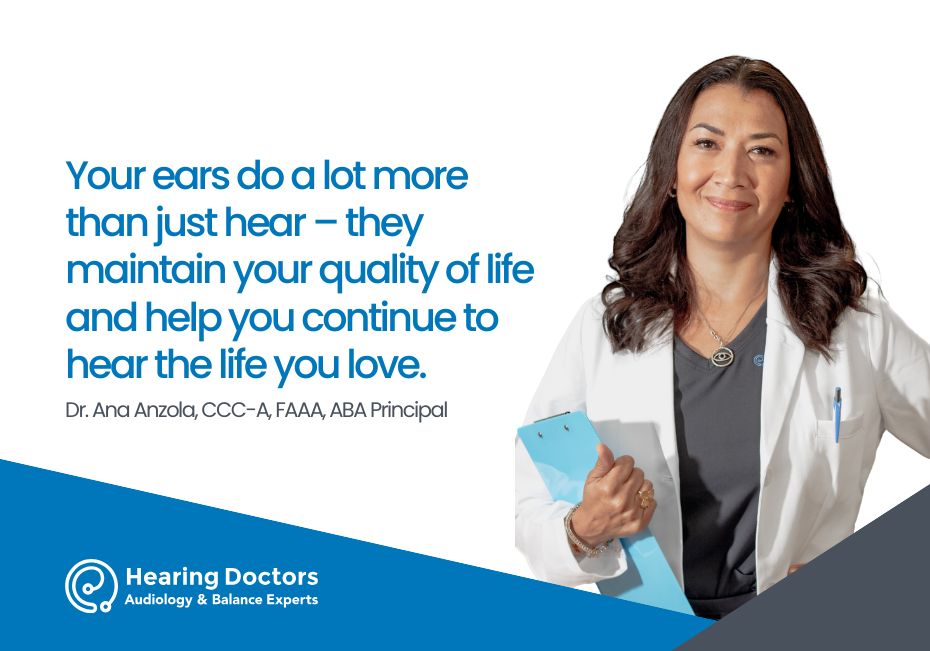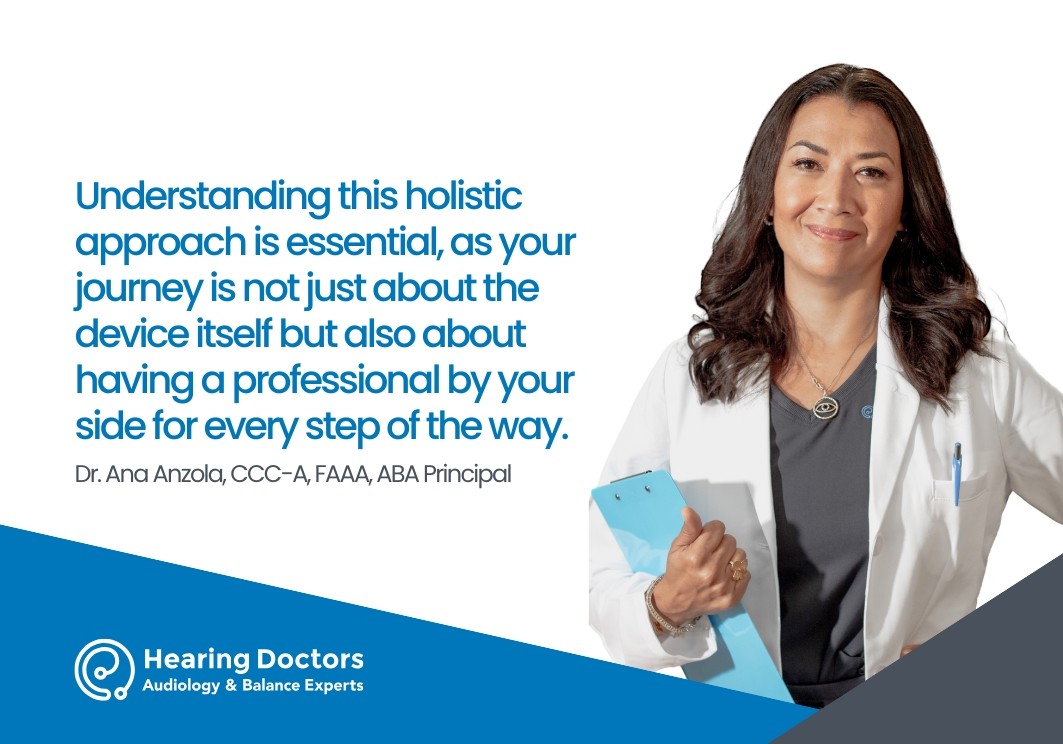Dr. Ana
Anzola, CCC-A, FAAA, ABA Principal
Loud Sounds Are All Around
Children today are increasingly exposed to loud pastimes like hunting, concerts, car racing, video games and more. And with music players that pipe music directly in their ears at volumes only they control, kids these days are more susceptible to noise-induced hearing loss (NIHL) than ever before.
5 Million Children Have Hearing Loss
It is estimated that almost 5 million children under the age of 19 suffer from noise-induced hearing loss. This impairment can lead to mood swings, depression, anxiety, and poor performance in school. It is important that adults recognize the symptoms of NIHL in children, so they can immediately help a child who may be suffering from the condition.
Noise-Induced Hearing Loss Can Happen Anytime
Noise-induced hearing loss may happen in a moment, from a loud sound such as a gunshot, a car accident, a loud horn, or an explosion. Such sudden loud sounds can rupture a child’s eardrum or tear the sensory hairs in the inner ear. In cases like that, the child may be able to express that there has been a change in their hearing immediately.
...Or It Can Be Gradual
But noise-induced hearing loss can also happen gradually, from consistent loud sounds over 85 decibels such as construction or loud music. Children may not recognize slow changes to their hearing, but that doesn’t mean that those changes don’t impact their lives. It is important for caregivers to know the symptoms of hearing loss in children so they can recognize them and get the child to a pediatric audiologist for a pediatric hearing test as soon as possible.
Symptoms of NIHL in children:
Not hearing his or her name being called
Often asking people to repeat themselves
Losing interest in school
Doing poorly in school, especially in classes that involve lectures, where the child can’t read what is being taught
Acting anxious and withdrawn
Visit A Pediatric Audiologist
If you suspect that a child in your life may be suffering from hearing loss, take them to visit a pediatric audiologist as soon as possible. The audiologist will be able to test for any hearing impairment, ask the right questions to determine the cause of the impairment, and offer any help or guidance in getting a child back on track to healthy hearing.
Popular Blogs

Jun 3, 2025
Dr. Ana
Anzola, CCC-A, FAAA, ABA Principal
Understanding Types of Hearing Loss: Sensorineural, Conductive, and Mixed

May 21, 2025
Dr. Ana
Anzola, CCC-A, FAAA, ABA Principal
What Impact Is Artificial Intelligence Having on Hearing Aid Technology?

Apr 28, 2025
Dr. Ana
Anzola, CCC-A, FAAA, ABA Principal
Do You Think You’re Too Young for Hearing Loss?

Apr 15, 2025
Dr. Ana
Anzola, CCC-A, FAAA, ABA Principal
The Best Hearing Aids in 2025: Insights From a Doctor of Audiology


